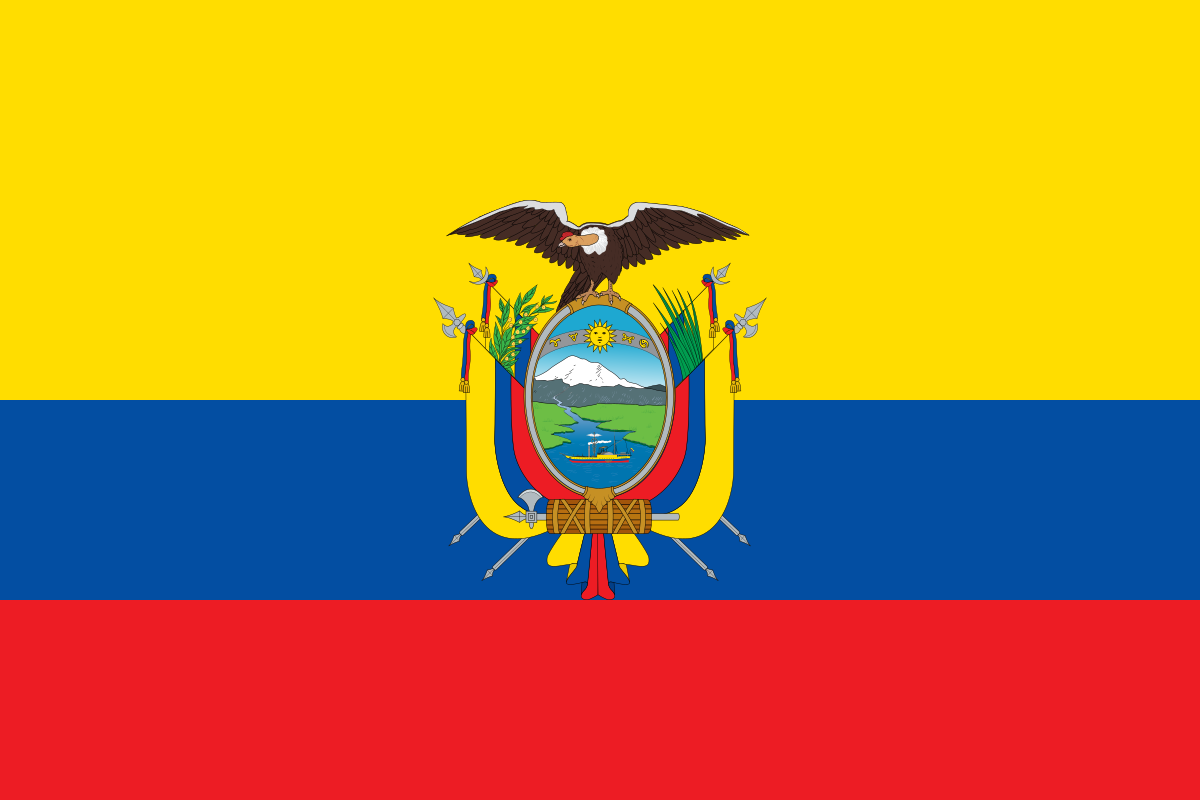Ecuador presidential hopefuls pledge action on ports, where bananas hide cocaine
Presidential candidates in Ecuador are pledging to use the military to crack down on drug exports from the country's ports, where over half of banana shipments flagged as suspicious and searched by authorities hide packages of cocaine. Cocaine is also increasingly found in shipments of tuna, as well as hidden in hollowed-out pineapples and stashed amid sugar, police say.

- Country:
- Ecuador
Presidential candidates in Ecuador are pledging to use the military to crack down on drug exports from the country's ports, where over half of banana shipments flagged as suspicious and searched by authorities hide packages of cocaine.
Cocaine is also increasingly found in shipments of tuna, as well as hidden in hollowed-out pineapples and stashed amid sugar, police say. The security situation in Ecuador has sharply deteriorated in recent years, one factor in South America's migrant exodus. The outgoing government has blamed an uptick in murders, prison violence and other crime on the growing presence of drug gangs.
Police have seized some 50 tonnes of drugs so far this year at the country's two principal ports. The 6,500 containers of bananas which leave Ecuador - the world's top banana exporter - each week, many bound for Europe, are a top target for smugglers, then national anti-narcotics director Pablo Ramirez told Reuters last month.
The two presidential candidates in the upcoming Oct. 15 election - business heir Daniel Noboa and leftist Luisa Gonzalez - have said something needs to be done. Both have promised to militarize ports and airports to fight the drug trafficking. Alongside the economy, security is a top concern, voters say. Gonzalez, a protege of former leftist President Rafael Correa, who led the first round but is now polling slightly behind her rival, said during a televised debate earlier this month she would use the military to retake control of ports and prisons, though she did not give details of her plan.
Meanwhile, Noboa, whose father is banana magnate Alvaro Noboa, has said he will use technology to support military protection of exports on highways and install scanners at toll stations and ports. The current government of President Guillermo Lasso has struggled to make headway against the gangs.
It said last month it would increase oversight after it detected that some 36,000 hectares (90,000 acres) of land in Ecuador registered as banana farms in the export registration system do not even exist. Scanners installed by the government at seven ports and airports in Quito and Guayaquil are set to begin working in November. Lasso also agreed to hold joint anti-drug operations with the U.S. Coast Guard, but the deal must be ratified by Ecuador's congress.
SHIPMENT INSPECTIONS The banana exporters' association says it spends nearly $100 million a year on security equipment and inspections of about 40% of shipments.
"We are victims of organized crime, we are making a big effort," said association director Jose Hidalgo. In many cases shipments found to contain drugs have to be thrown out, though the association would not give an estimate of its industry's losses.
The percentage of searched banana shipments which contained cocaine has fallen this year, but it is still very high - at 57% in 2023, from 70% in 2022, according to police figures. There is evidence some drugs may be being displaced elsewhere, with the amount of searched tuna shipments containing drugs rising to 9% from 3%.
Drugs can be hard to spot amid the thousands of containers, especially creatively-hidden narcotics like those stuffed in hollowed-out pineapples. Police estimate that about 70% of smuggled cocaine is introduced into banana shipments either at farms or during transport to ports, but traffickers also sometimes add drugs to sealed or refrigerated containers at the ports or once boats are at sea, Ramirez said.
Traffickers are also now sending drugs to more locations outside of usual destinations in the United States and Europe, he said. "In May we had two destinations that we hadn't had before... Sierra Leone and Hong Kong," Ramirez said.
(This story has not been edited by Devdiscourse staff and is auto-generated from a syndicated feed.)










